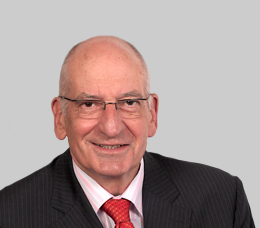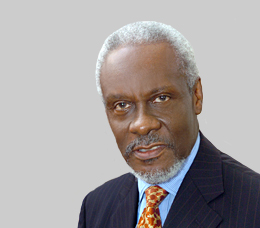“Good governance does not succeed in one day. It needs good institutions, people with leadership, intelligence and humility, a vibrant and critical public opinion and… a little dose of chance and success”.

Pascal Couchepin
GLF Patron
“For no matter the differences of gender, color, religion, ethnicity, political systems, and wealth, we all belong to one race, the human race. And we all live on a single planet, where we must strive to create in that global space, a world of peace, prosperity, justice and tolerance.”

PJ Patterson
GLF Member
Projects
GLF will consider requests from any government that is committed to, or aspires to, the principles of democratic institutions, human rights, open markets and the rule of law.
Since its establishment in 2004, GLF has worked in 23 countries around the world and made a definable difference in promoting peace, security and stability. These can be described in general terms, as below:
- Civil-military: In discreet discussions with a leader managing a sensitive transition from military to civilian rule, GLF provided quiet advice on how to manage the complex civil-military relationship, as well as how to address a humanitarian crisis in a part of the country that has international ramifications.
- Secession: Discreet advice was given by GLF to a national leader facing the challenge of an erstwhile province whose effective secession caused deep resentment within the country, and the consequences of which continue to be de-stabilising for the region in question.
- Mediation: GLF co-chaired mediation talks over a five-month period leading to a ceasefire then a truce and direct dialogue between the President and leader of the opposition.
- Regional security: Discreet discussions with a president and his advisors led to a country adopting a regional, as opposed to a purely national, response to a conflict in its neighbouring country;
- Security sector modernisation: GLF’s mobilisation of technical expertise combined with its Members’ own political experience achieved significant and enduring improvements in the relationships between government, police, armed forces and security services with consequent benefits for external security and internal stability;
- Confronting a terrorist organization and release of hostages: The advice and support of GLF strengthened a leader’s resolve to uphold his society’s true principles leading to a reduction in popular backing for terrorists and the release of hostages;
- Negotiation with armed resistance movements: GLF has met with armed groups to discuss their grievances before meeting with government officials and in another instance given advice to a leader on dealing with an armed conflict prior to important elections;
- Political reconciliation and implementation of international agreements: GLF helped a presidency realize its stated intention to fully implement the signed peace agreement with particular reference to the internal political and constitutional issues;
- Elections: Through meetings with leaders of main political parties, military leadership and electoral commissioners, GLF has contributed to the lawful and peaceful conduct of elections in potentially divisive situations;
- Economic reform: GLF has assisted with the reorganisation of the department of finance and helped create and implement a national financial and development plan;
- Trade: GLF helped a developed but formerly isolated country with accession negotiations to a global trade body;
- Resource management: GLF has advised a leader and members of parliament on macro-economic policy challenges in relation to the exploitation of natural resources;
- Development of democratic institutions: GLF Members helped improve the effectiveness of an administration as well as the conduct of those who hold the key offices of State;
- Access for humanitarian aid: GLF’s ability to work with international non-governmental organisations enabled them to address the requirement for adequate local governance arrangements without which it was not possible to distribute aid effectively and safely:
- Efficient governance: GLF Members instigated and supervised the re-organisation of the President’s office to remove blocks to the effective delivery of the government’s programme and the successful communication of the leader’s message;
- Transition from authoritarian rule: GLF has shared the experience of the South African and Indonesian political experiences with governments facing similar challenges.
When specialist technical advice is required, GLF can mobilise outside expertise, drawing on its extensive network of supporters. To date Project Teams have included specialists in the following fields: macro-economic management, micro-financing, resource management, election management, parliamentary practice, public administration, security sector modernisation and primary health care.
GLF has extensive experience of working with a wide range of inter-governmental and Non-Governmental Organisations (NGOs) across the world, as well as other influential institutions. These include elements of the UN and global financial institutions as well as others who share the GLF ethos but have a different purpose or method of working. In those cases, GLF has a potential role as a co-operative, complementary, non-competitive partner, willing to remain out of the limelight yet able to achieve what others could not.
Past projects have had the direct support of the UNDP, the Ford Foundation and the governments of Canada, Finland and Switzerland.
